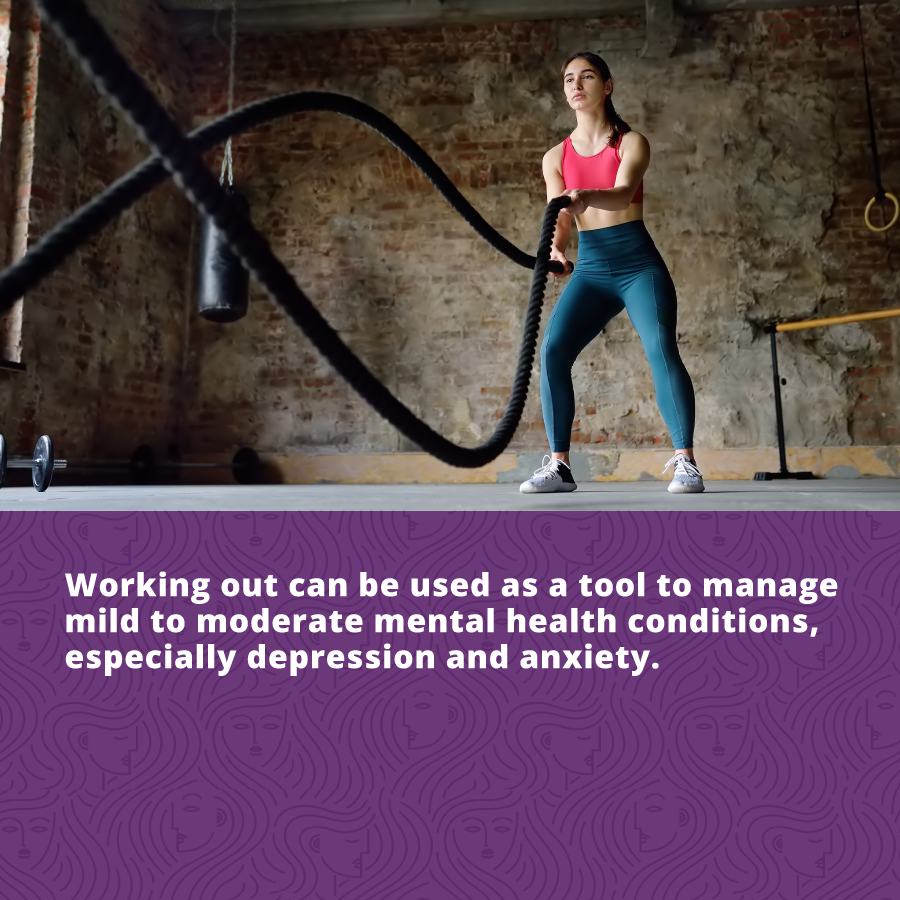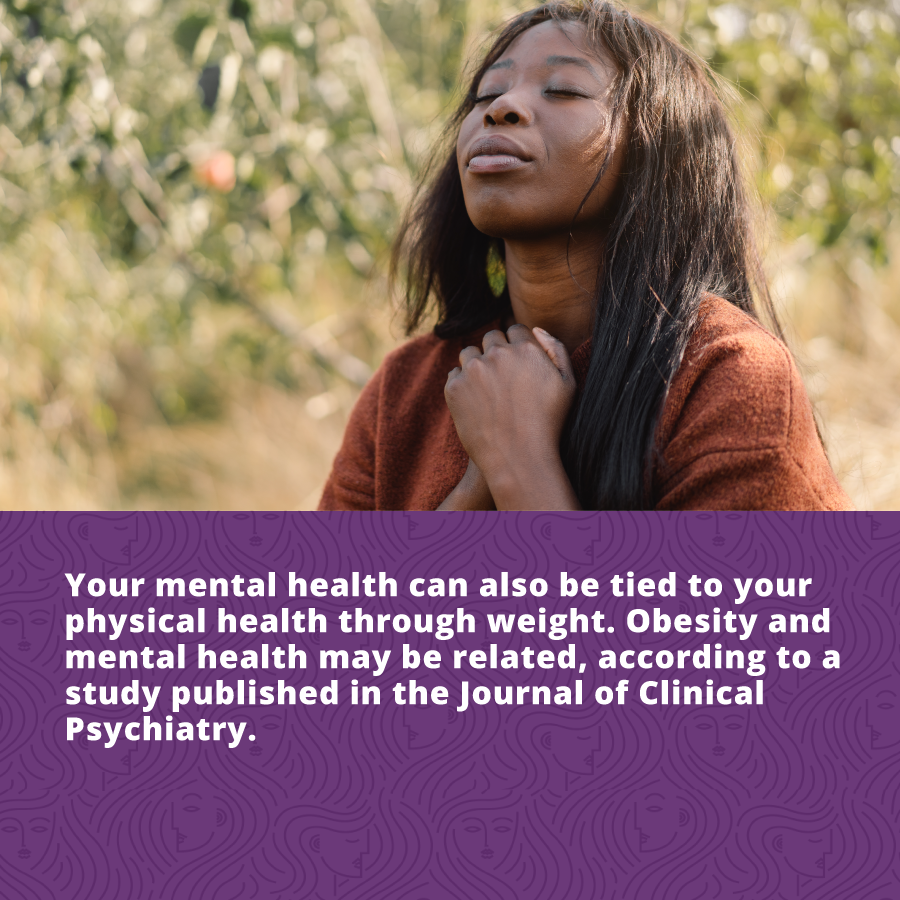The Link Between Women’s Mental and Physical Well-Being
When it comes to women’s mental and physical well-being, it’s hard to prioritize one over the other. These two aspects of your health can be tightly linked. If you’re having a hard day, nothing’s going your way, and you’re generally feeling down, doesn’t it manifest itself physically as well? You might feel tired, sluggish, achy, or just out of it. It can even cause more severe reactions like stomach pain and IBS flare-ups. Conversely, getting in a good workout first thing in the morning can put a mental spring in your step and make you feel alert and lively.
There’s no denying that the two are very closely related, but a lot of the time, busy women don’t feel like they can afford the time to prioritize both. Our goal is ultimately to feel as best as we can mentally and physically, so understanding the situations in which one can influence the other can lead to a better grasp of how each side of your well-being can be improved. It’ll also help you to find a routine in which neither your mental or physical well-being is left behind. Here are a few of the ways researchers believe the mind and bodywork in tandem to make you feel your best.

Promoting Women’s Mental and Physical Well-Being by Working Up A Sweat
If Legally Blonde taught us anything, it’s that exercise releases endorphins and endorphins make us happy. (Don’t know what scene I’m talking about? Here’s the one!) The adorable Elle Woods was absolutely right. Getting a good sweat session in can make you feel as good mentally as it does physically. Maybe you’ve heard anecdotally that exercise makes you happy (hello runner’s high) but it’s not just an anecdote, it’s science! A study in the Journal of Sports Medicine even suggests that working out can be used as a tool to manage mild to moderate mental health conditions, especially depression and anxiety. Another study, published by Preventative Medicine, notes a “significantly decreased prevalence of current major depression and anxiety disorders” in subjects that regularly participate in physical activity.
So what is your primary health goal? To lose weight and help manage your diabetes? To improve your memory and attention span so you can power through your workday? Well, the good news is that you don’t have to pick just one. When it comes to women’s mental and physical well-being, exercise is the ultimate “two birds with one stone”.
How Your Job Affects Your Physical And Mental Health
Just like exercise, your employment can impact your physical and mental well-being. The mental effects might be easier to understand; any of us who have hated a job can relate to just how great a negative toll it can take on our entire day. On the other hand, working hard at something you love can have benefits for your mental and physical health.
A review on the impact of employment on physical health published by the American Sociological Association in the Journal of Health and Social Behavior claims that people who work for pay reported better physical well-being than people who don’t, like the retired, unemployed, or those who choose to stay at home. Paid employment also predicted slower declines in perceived health and physical functioning in both men and women.
But as we know, not every paid job is necessarily a “good” job. A study in Occupational and Environmental Medicine mentions that the quality of employment also makes a difference in the physical results. The study found that “job satisfaction level is an important factor influencing the health of workers.” This is just another reason why women’s mental and physical well-being should be prioritized in the workplace!

How Your Happiness Can Affect Your Weight
Your mental health can also be tied to your physical health through weight. Obesity and mental health may be related, according to a study published in the Journal of Clinical Psychiatry. The study found, among other links, that children and adolescents with major depressive disorder may be at increased risk for becoming overweight, obese persons seeking weight-loss treatment may have elevated rates of depressive and bipolar disorders, and women displaying atypical symptoms of depression are significantly more likely to be overweight than those with typical symptoms.
Even self-perceived weight issues can trigger negative mental health effects. A study in the Journal of Mental Health Policy and Economics suggests an important link between weight perception and self-esteem. The study revealed a “strongly negative and significant relationship between self-perceived weight status and mental health”, especially among women.
Weight is not always the clearest indicator of women’s mental and physical well-being, and it bears repeating that our culture plays a huge role in women’s self-esteem and relationships around weight gain and loss. However, anyone of any size and any mental or physical state can benefit from physical activity and have fun doing it. Mental health and physical health are two sides of the same coin. Whether it’s weight affected by self-esteem or vice versa, working toward your best physical and mental health can benefit all aspects of your well-being.
If you’re interested in learning about more ways to lead a happy, healthy, balanced life or any other concern regarding women’s mental and physical well-being, consider joining our Women’s Health Conversations Facebook group! The group aims to empower, educate, and entertain women from all walks of life who want to be a part of the conversation surrounding women’s health. Everyone is welcome!

